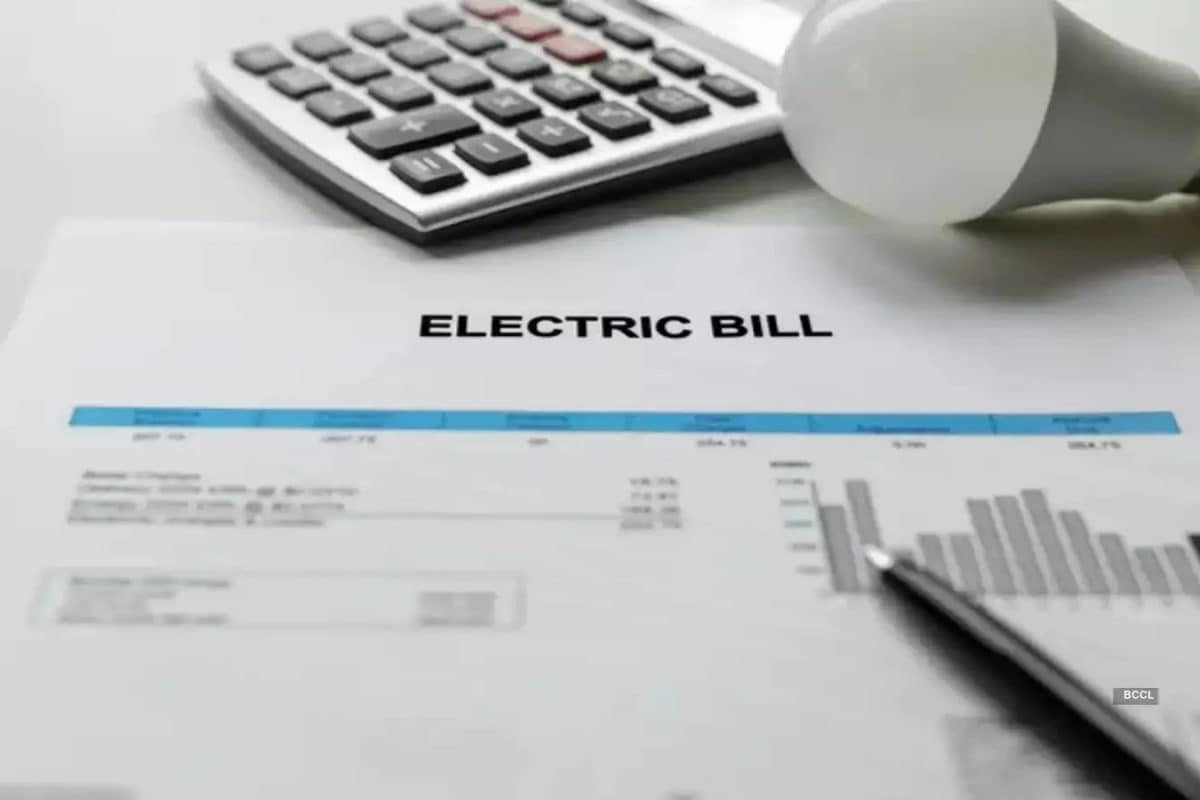

Consumers in Uttar Pradesh are bracing for a potential increase in their electricity bills, with the Uttar Pradesh Power Corporation Limited (UPPCL) proposing a tariff hike. While the exact percentage of the proposed increase is still under discussion, reports suggest that it could be substantial.
The UPPCL has submitted its Annual Revenue Requirement (ARR) to the UP Electricity Regulatory Commission (UPERC), outlining the corporation's revenue needs for the current fiscal year. The UPERC has accepted the ARR, setting the revenue requirement at approximately ₹1.16 lakh crore. This sets the stage for UPPCL to file a separate proposal for a tariff hike for the financial year 2025-26. A senior UPPCL official confirmed that the tariff hike proposal would be filed after May 20, 2025.
Notably, there has been no direct increase in electricity tariffs in Uttar Pradesh for the past five years. The UPERC is expected to announce the new tariff by the end of July, after conducting public hearings to gather input from stakeholders and address the UPPCL's projected revenue deficit. UPPCL's ARR projects a deficit of ₹13,000 crore, leaving the decision on potential tariff hikes to the commission.
Adding to the concerns, UPPCL has already implemented a 1.24% fuel surcharge on electricity bills beginning in April 2025. This surcharge, applied for the first time in five years, stems from a revised multi-year tariff distribution regulation allowing for a monthly fuel and power purchase adjustment surcharge (FPPAS) to be recovered from consumers until 2029. The fuel surcharge for January 2025, amounting to ₹78.99 crore, is being recovered from consumers through their April electricity bills. This impacts approximately 3.45 crore electricity consumers across the state.
The move has already faced criticism. Awadhesh Kumar Verma, Chairman of the UP Rajya Vidyut Upbhokta Parishad, criticized the new rates, stating that consumers are already facing a surplus of ₹33,122 crores and that the fuel surcharge should not be legally implemented. He termed the change a "black law" of the regulatory commission.
If approved, the proposed tariff hike would place an additional burden on households and businesses alike. Rising electricity costs can significantly impact household budgets, especially for low-income families who already spend a larger percentage of their income on energy bills. Businesses, particularly small and medium-sized enterprises (SMEs), may also struggle to absorb higher energy costs, potentially affecting their competitiveness and profitability.
The UPERC's decision on the tariff hike will be crucial in balancing the financial needs of the UPPCL with the affordability concerns of consumers. The public hearings will provide an opportunity for stakeholders to voice their concerns and suggestions, potentially influencing the final decision.